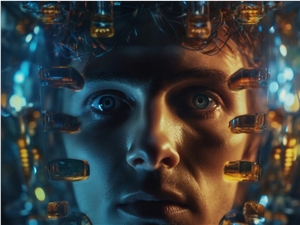ChatGPT's newly launched 4o model image generation feature is raising safety concerns, particularly its ability to generate realistic text, which could provide fraudsters with new tools. Several users on social media have already demonstrated the creation of convincing fake restaurant receipts using this feature.

Venture capitalist Deedy Das showcased on X (formerly Twitter) a fake receipt for a San Francisco steakhouse generated using 4o, highlighting: "Too many real-world verification processes rely on 'real images' as proof. That era is over." Other users have successfully replicated similar results, some even adding food stains to enhance realism.

Testing reveals that while AI-generated receipts still have noticeable flaws (e.g., using commas instead of decimal points, calculation errors), these issues can be easily corrected with simple photo editing or more precise prompts. This technology simplifies the process of forging receipts, creating opportunities for fraudulent activities such as falsely claiming reimbursements.
In response, OpenAI spokesperson Taya Christianson stated that all ChatGPT-generated images contain metadata indicating their AI origin and that the company will "take action" against violations of its usage policy. When asked why the generation of fake receipts is allowed, Christianson explained that OpenAI's "goal is to give users as much creative freedom as possible," noting that AI receipts can be used in non-fraudulent contexts such as financial education, art creation, and product advertising.









